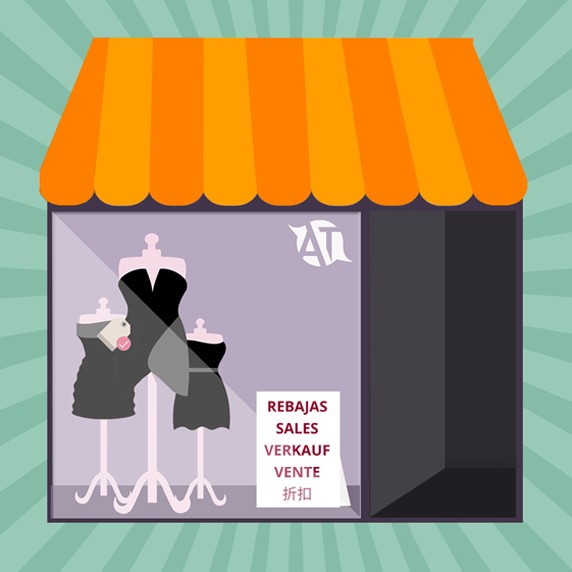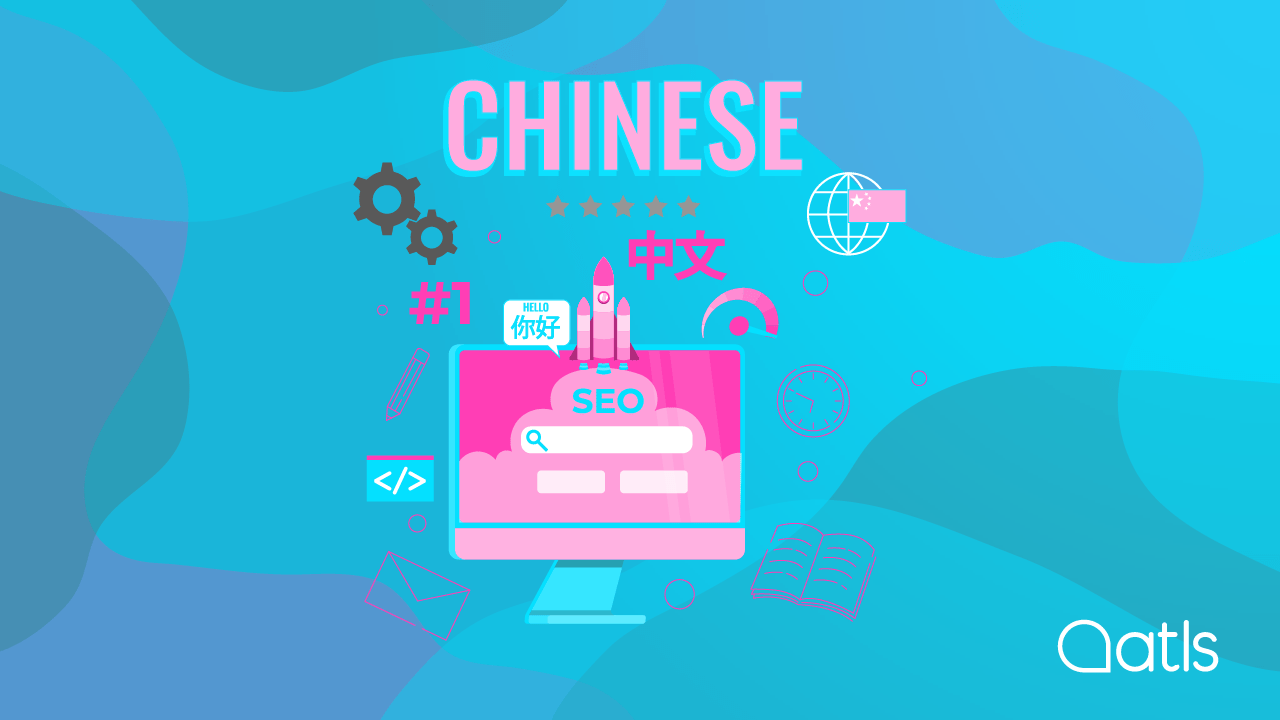The importance of translating your online store professionally

If you want to expand your business into new markets, translating your online store and adapting it to the local language is a must, but... Where do you start? Below we outline some simple steps you need to take so that you don't get lost in the world of internationalisation.
Which CMS have you used for your ecommerce store?
The arduous task of extracting and exporting translated content from your website manually is no more, and this means two-way time savings: not only does it increase your productivity and efficiency by eliminating this process, it does the same for the translation company managing your website.
When we want to translate our online store we must take into account what type of CMS it is, a WooCommerce site is not the same as a PrestaShop site, for example. But there are a number of solutions in each case for translating the pages that make up your website, as well as product descriptions and categories.
If you've used WooCommerce for your ecommerce site you can use the WPML plugin, a simple, easy to use tool that facilitates access to your online store in any language.
Opt for a professional translation of your online store
Even if you find machine translation useful for personal use, in the professional world it's not an option - and even less so when it comes to a website. A bad translation or a translation that sounds too artificial could waste all the efforts you've made - and money you've spent - internationalising your business.
A translation agency is undoubtedly your best option. A friend or family member who's a native speaker of the language you want to translate into might be able to help you, but it's not enough. A website doesn't just need to be translated, it needs to be localised: you need to take the culture of your target country into account and adapt the content for that audience. This is why you need to entrust this task to a translation agency: they'll work with translators who are native speakers, who know the target language and the local culture, and specialise in your field. So, if you want to present a professional image, the ideal way to translate an online store is to use a professional translation service.
What type of translation does my online store need?
When you get to this point, you need to think about how much dynamic content your website has. Do you update it every day? Only three times a year? Do you write a blog post every week to help your ranking?
If you translate your whole website today, the content you publish tomorrow won't be translated - unless you export it and send it for translation. Thinking along these lines, it's worth bearing in mind that there are translation technology systems that mean you can completely forget about translating your online store. At ATLS, we call it AT Website Translator, and it means all new content is detected, sent to our translators and returned translated and perfectly formatted on your website.
Don't forget to translate your SEO
Another advantage of putting your trust in a translation company is that you needn't worry about SEO. They'll do it for you! Keywords can't be translated literally from the source language, as it's very likely they won't be the same as the ones used in the target country. You need to carry out a keyword search for equivalent keywords by country, using tools such as Google Adwords. You can do this yourself or ask the translation company to do it for you. At ATLS we have international translators who specialise in SEO, and they will research keywords for your target country before starting on your translations.
In short, having a multi-language e-commerce site means you get all the advantages that reaching people from other international markets brings. To do this, you need to work with a trusted translation agency, with translators who are native speakers and specialise in the subject you're translating. They will know how to handle your text, so you can connect with browsers and achieve a strong search engine ranking using SEO.




